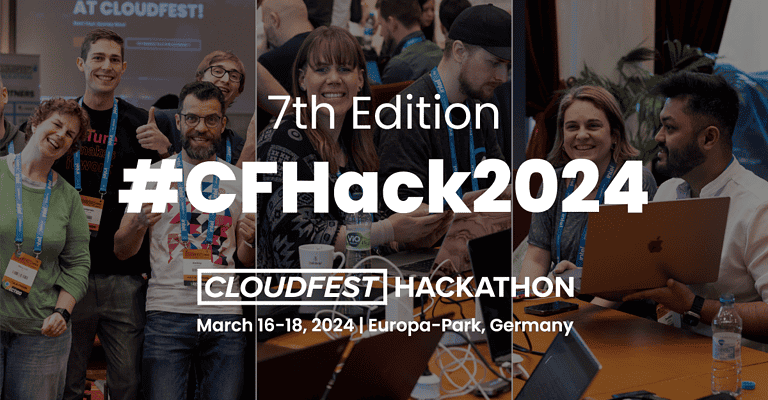This year, I was lucky to be invited to the CloudFest Hackathon 2024, thanks to Carole Olinger, Alain Schlesser and Lucas Radke.
CloudFest Hackathon
11 projects competed this year and it was pretty hard to choose only one as there were loads of exciting challenges to overcome. We only have 2 full days (and nights) to code for the project we are part of and make history.
The projects were:
- Managing Multilingual Content with WP Multisite
- Public Sector Website Funding Transparency
- JSON Schema Field/Form Renderer
- CMS Health Checks
- Securing more infrastructure by easing OS upgrades
- Integrating MariaDB Catalogs with PHP Platforms
- Can everyone use _______?
- WordPress Tools for Hosting Providers
- Enable Mastodon Apps for WordPress and its Plugins
- Inclusive Language Checker for Open-Source Contributors
- Hack the Hackathon
I was on the fence for a while as I’m interested in Multilingual and Multisite, Inclusivity, JSON Schema, and MariaDB. Eventually, I took a chair at the JSON Schema table but quickly found it was too crowded already so I joined Integrating MariaDB Catalogs with PHP Platforms.
Integrating MariaDB Catalogs with PHP Platforms
The Team
We were very fortunate to work with Andrew Hutchings (aka Linux Jedi), who works for the MariaDB Foundation. The project this year revolves around the integration of a new feature called MariaDB Catalogs with PHP frameworks such as WordPress, Drupal, and others.
The team was therefore composed of:
- Project lead: Andrew Hutchings;
- Team members: David Beja, Alexander Gerber, Jan-Willem Oostendorp, Wesley Stessens, Marko Heijnen, Florian Blaser and yours truly.
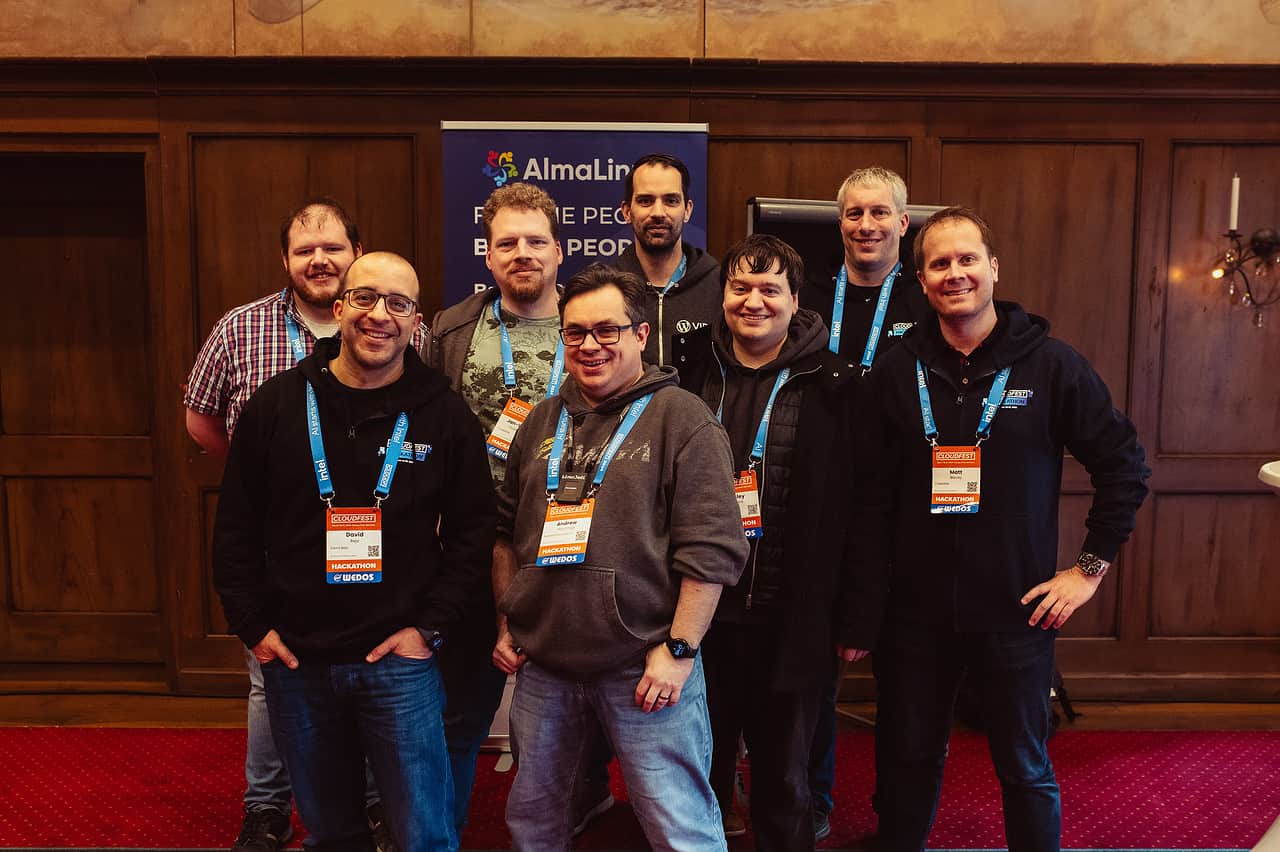
The project: MariaDB catalogs
The general idea of catalogs is containerization inside MariaDB itself: you have one MariaDB instance running and every customer has their own catalog inside that instance. The memory is shared so you are saving a lot of RAM that way. You don’t have to have 50,000 different read DB instances running, each using a GB of RAM. You simply have one read DB instance running, but you still have each customer siloed.
The hackathon project is to make it easier to administer this, create and remove catalogs.
Eventually, we will also be able to constrain resources per catalog. So you could say that this is a low-tier customer, they are only allowed so much CPU or so many queries per second, et cetera, and higher-tier customers can have a lot more.
According to Andrew:
This means the DB catalogs feature is still very alpha. We don’t actually have an official release even of the alpha yet, so my team are the first people ever to try it and they broke it a lot. I’ve had to file seven bugs so far and there have been people in Finland and places like that trying to fix things for us on the fly. But we have fixed and worked around many of the issues and as of lunchtime today, we have actually something working end to end where we’ve got a test that in PHP we will create a catalog for you, be able to use the catalog, redirect the customer to the correct catalog and things like that.
We have made progress. We also have a WordPress integration, which is separate, and now we’re combining the two. Right now, we’re working on a lot of integrations and lots of other projects. By the end of today – I’m keeping my fingers crossed – we should to have something very good to show off.
Andrew Hutchings (Linux Jedi)
So… what did you code?
Well, within these two days, we managed to create a Laravel integration, a WordPress integration, and a WP-CLI set of commands to administer catalogs.
I’ve had numerous interactions with Wesley and Jan during the project and the things I learnt during these two days are going to be so useful in my day-to-day coding endeavours. I’ve already put these to good use and am refactoring three of my plugins as we speak.
The hackathon is so great: you meet people, and code for a project which isn’t your own so it’s challenging to get the idea behind the code and then hack away. I love the mentoring, pair programming and emulation that spring from this event.
It was also nice to meet up with the Codeable team – this year, we were scattered on different projects, which was great too as we mixed and discovered new people!
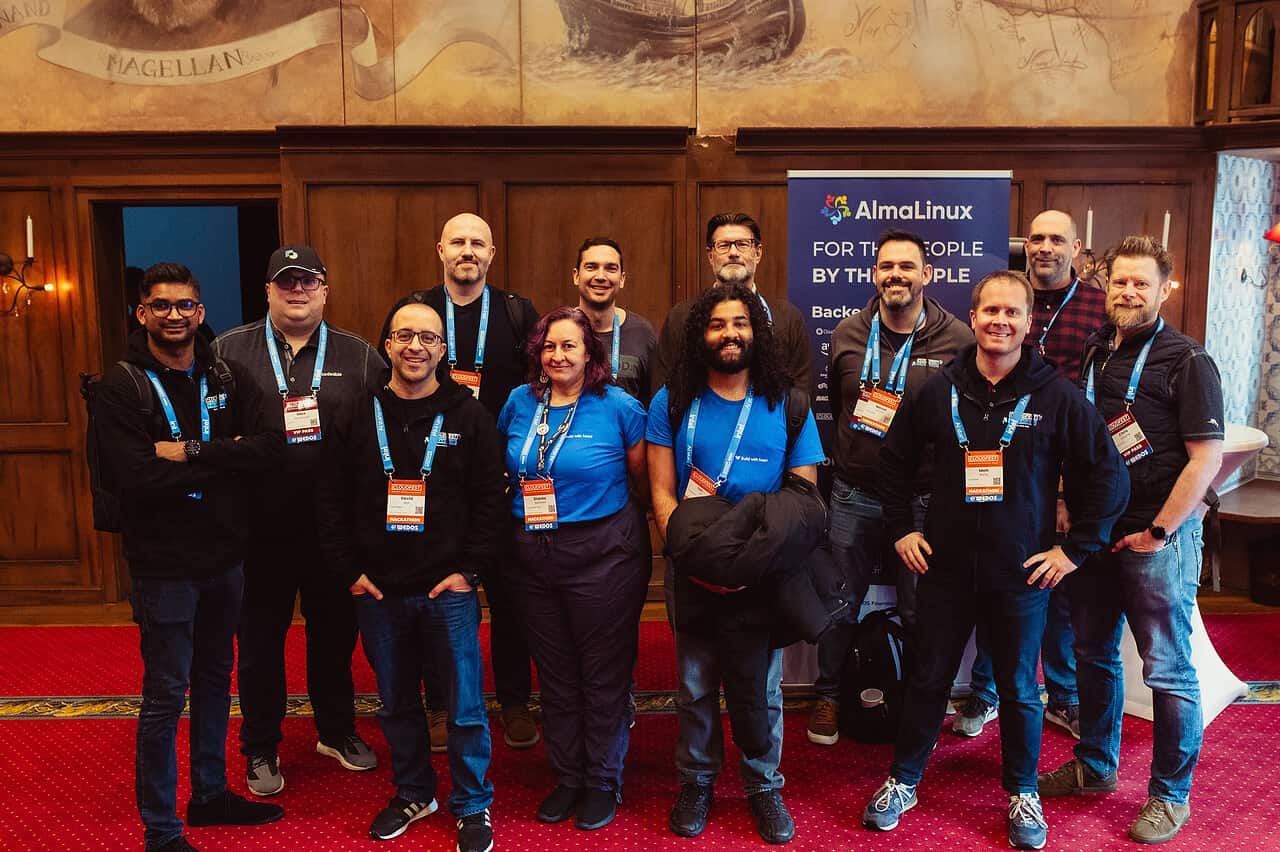
The winners
First of all, the jury comprised:
- Lucas Radke, President of the jury, project mentor (Automattic)
- Carole Olinger, Head of CloudFest Hackathon (Yoast)
- Alain Schlesser, project mentor (Yoast)
- Simon Kraft, media partner (PressWerk and group.one)
- Kelli Gray, jury member(WebPros)
- Bob Dunn, media partner (Do The Woo)
- Leoni Rossberg, jury member (Groundbreaker Talents)
The Dream Team Award
The “Follow the Money” project led by Stephan Luckow and Tim Heide won the Dream Team Award. They collected data about the type of web platforms taxpayers’ money helped buy. Thorough data analysis and a custom portal allow direct insights about FOSS vs proprietary solutions.
Congratulations!
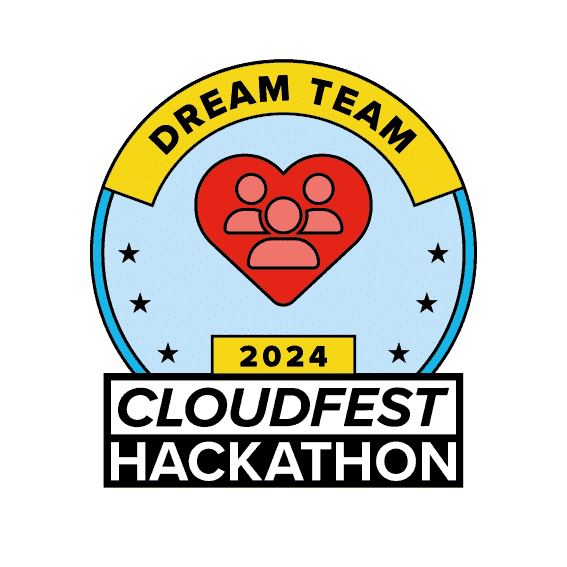
The Future of the Web Award
Our project and team won the “Future Of The Web” award at the CloudFest 2024 Hackathon, awarded to the team whose innovative project forecasts the future of the web through technological foresight and explores new problems and new approaches to solving them.
Check out Andrew’s post – we have our faces on the MariaDB website too!
Yay! :)
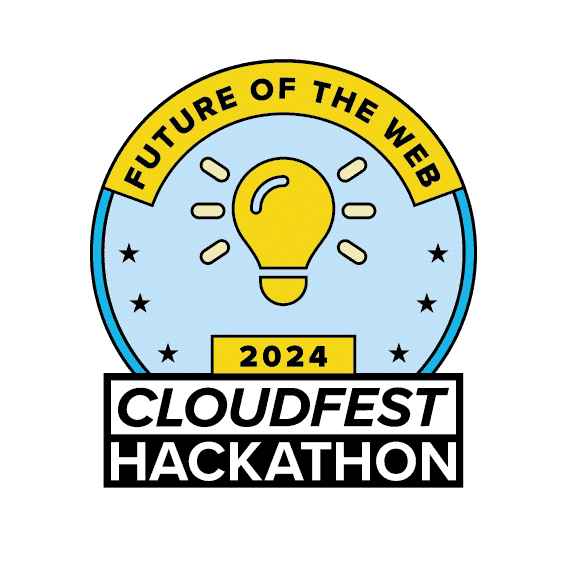
The Future of the Web Award
The “Can everyone use … ?” project, led by Anne Bovelett, was the big winner this year. They received the “Web Impact Award”, the “Social Media Master Award” as well as the “Overall Winner Award”.
Well done!

Meeting friends ❤️
The Cloudfest Hackathon is not just a place where we lock ourselves up to code. It’s so much more: you can meet up with new people, reconnect with familiar faces you only see once or twice a year, and strike up very deep conversations over lunch or dinner… I’m truly amazed every time I step into the rooms how much of a family we have become over the years.
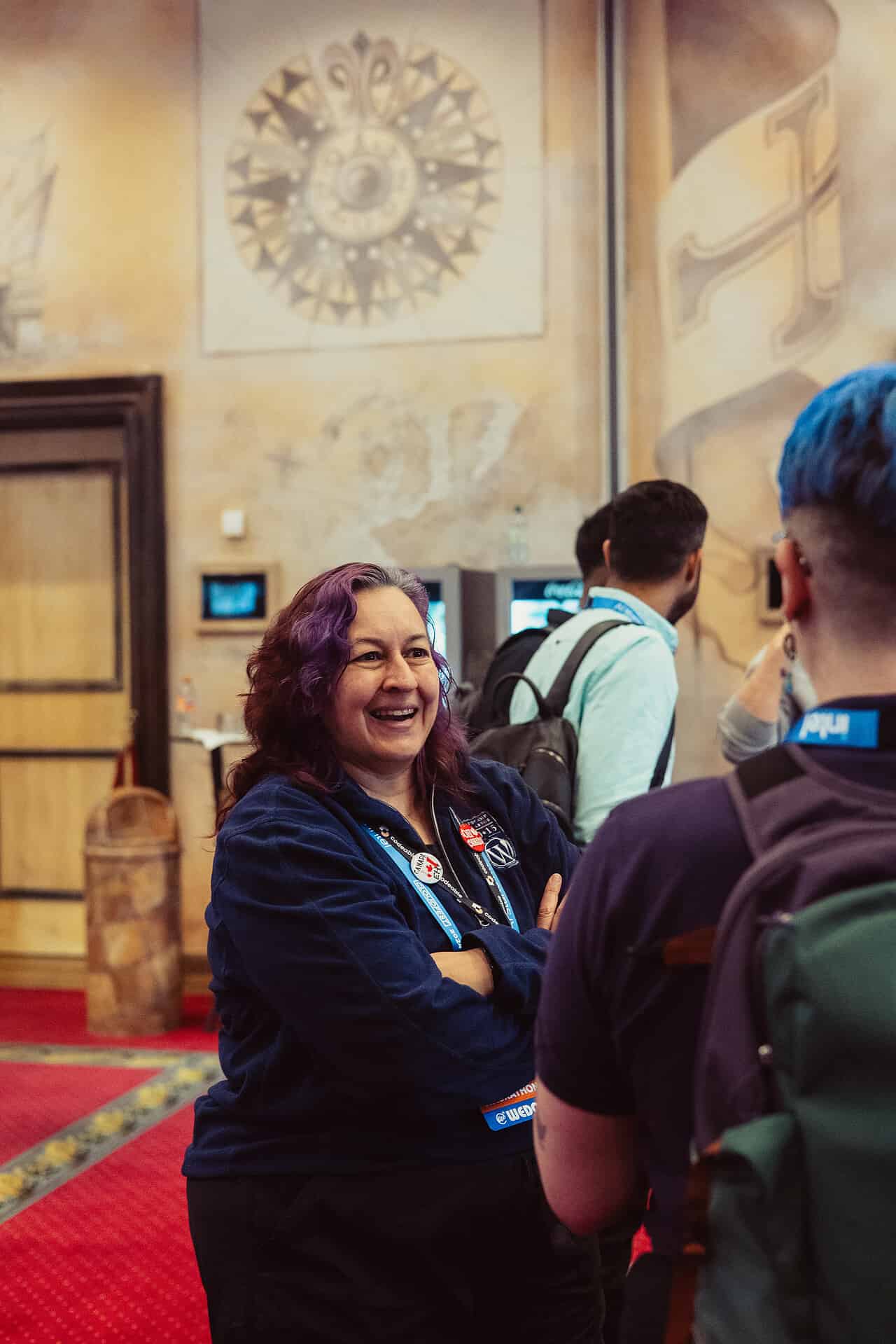
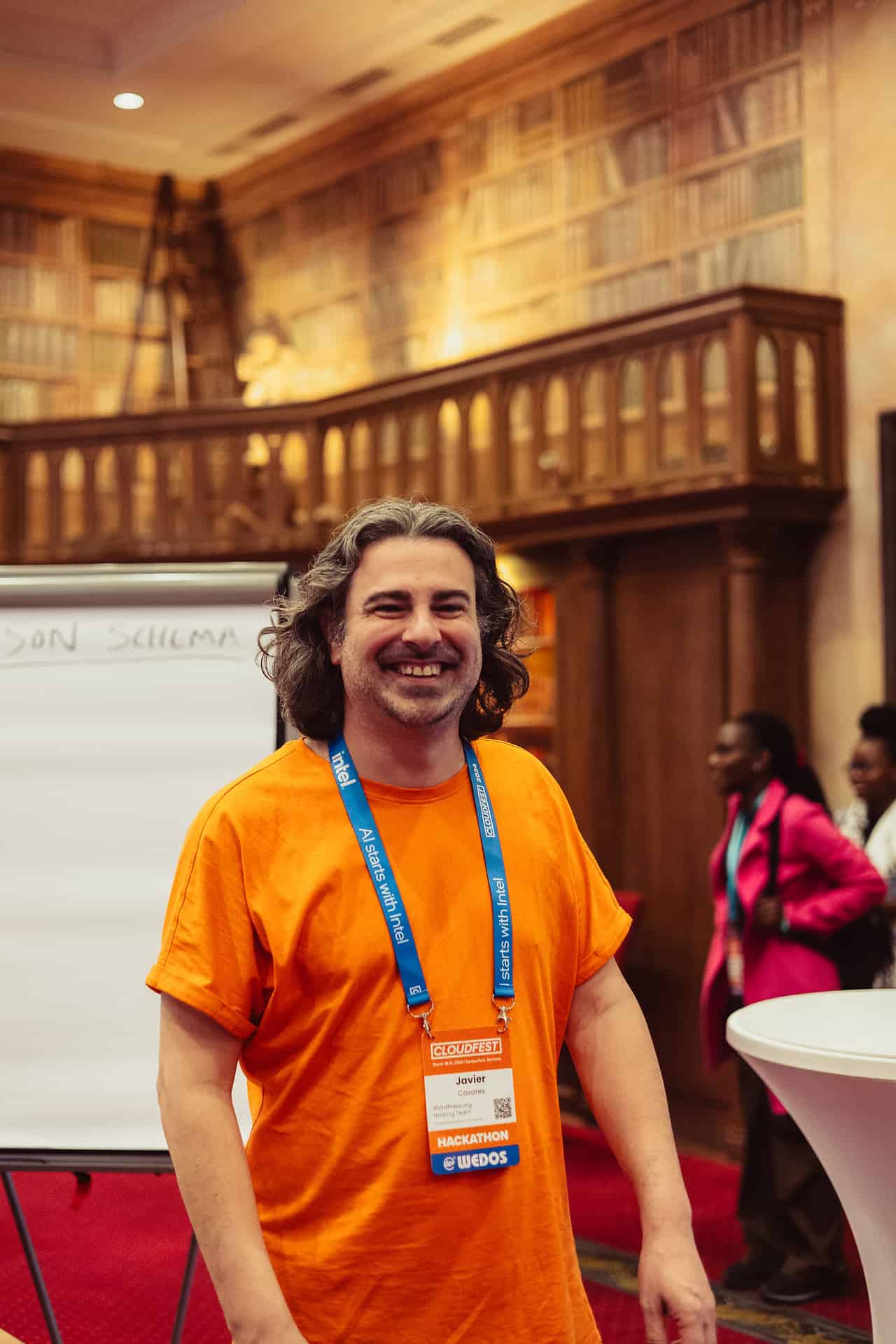
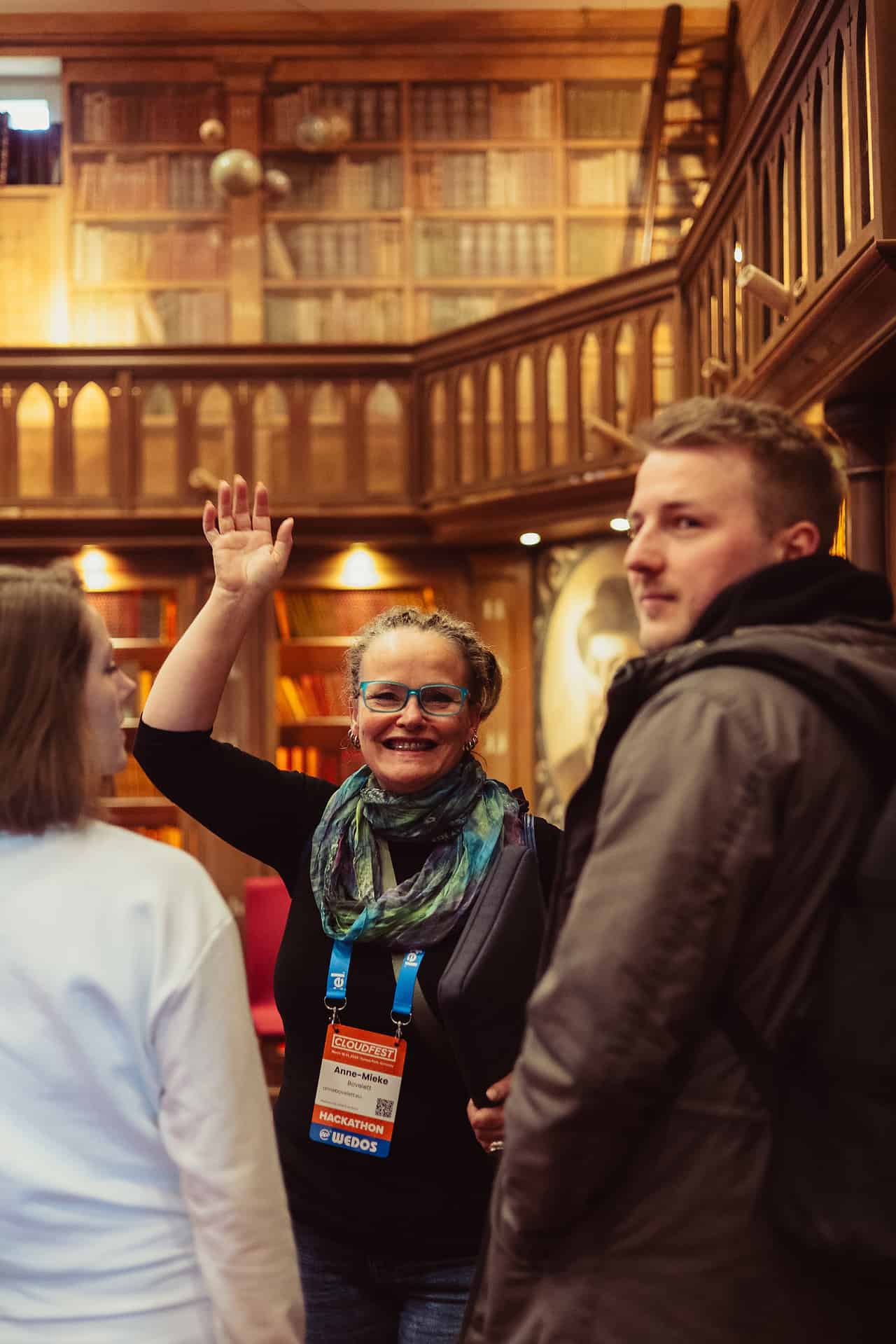
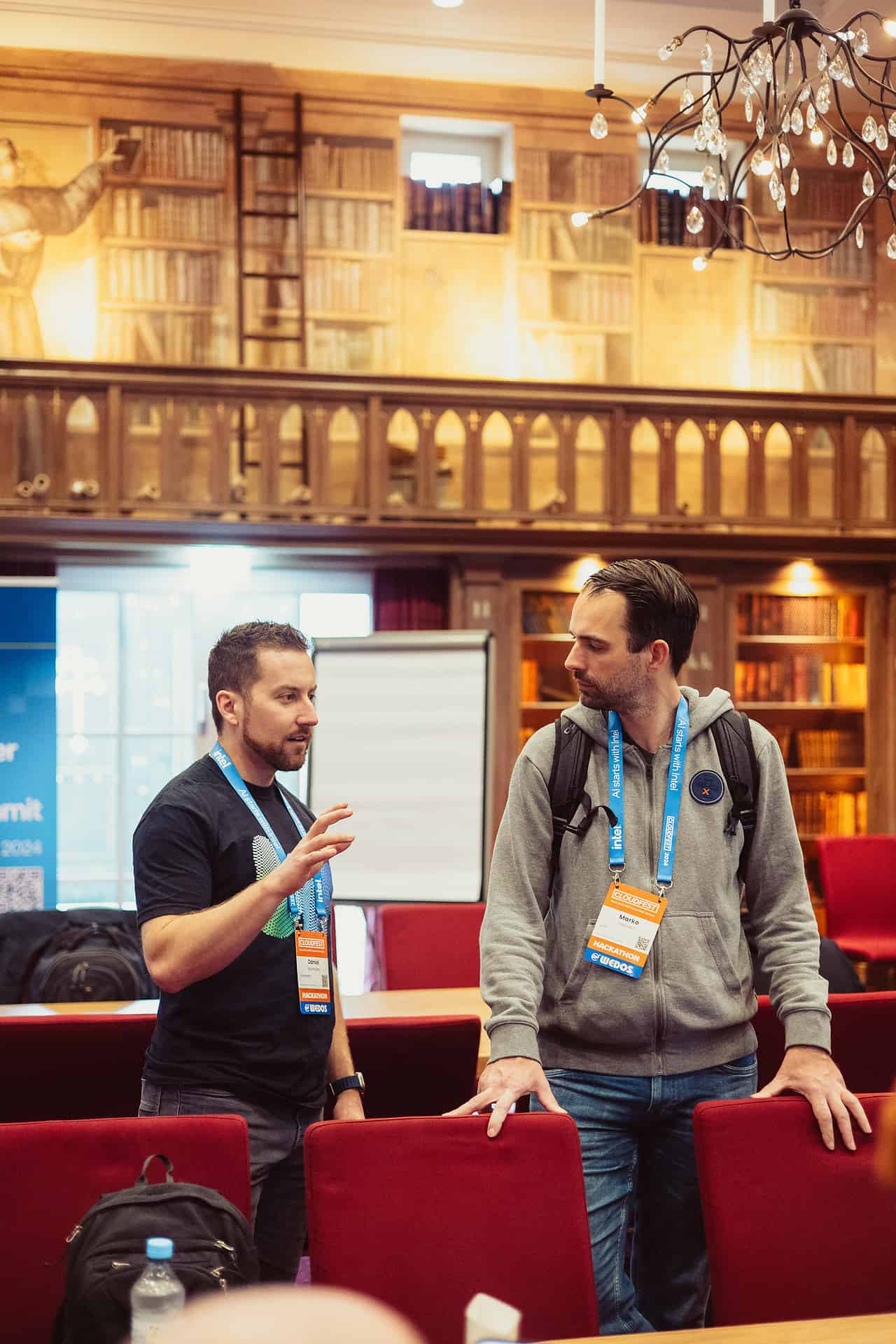
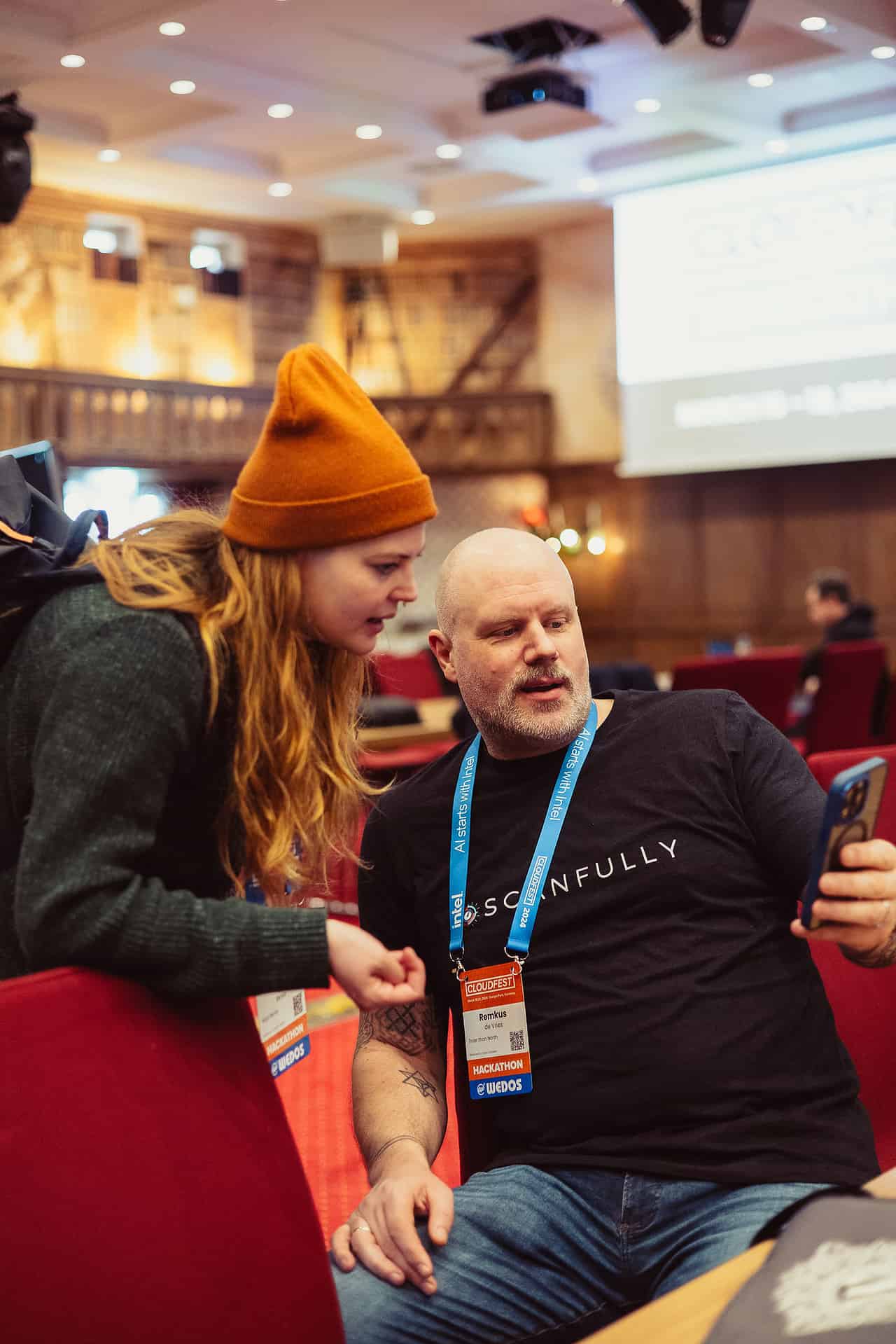
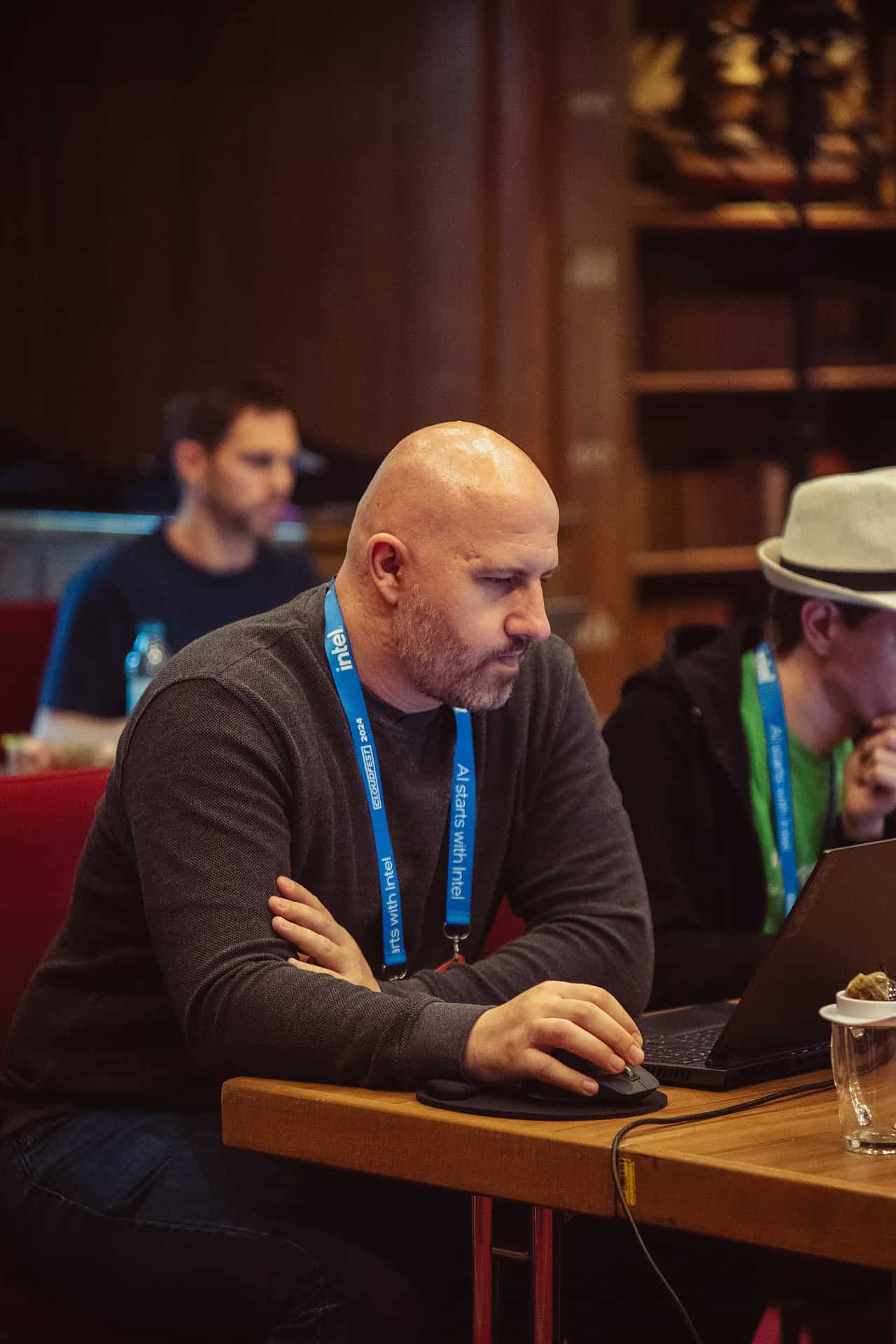
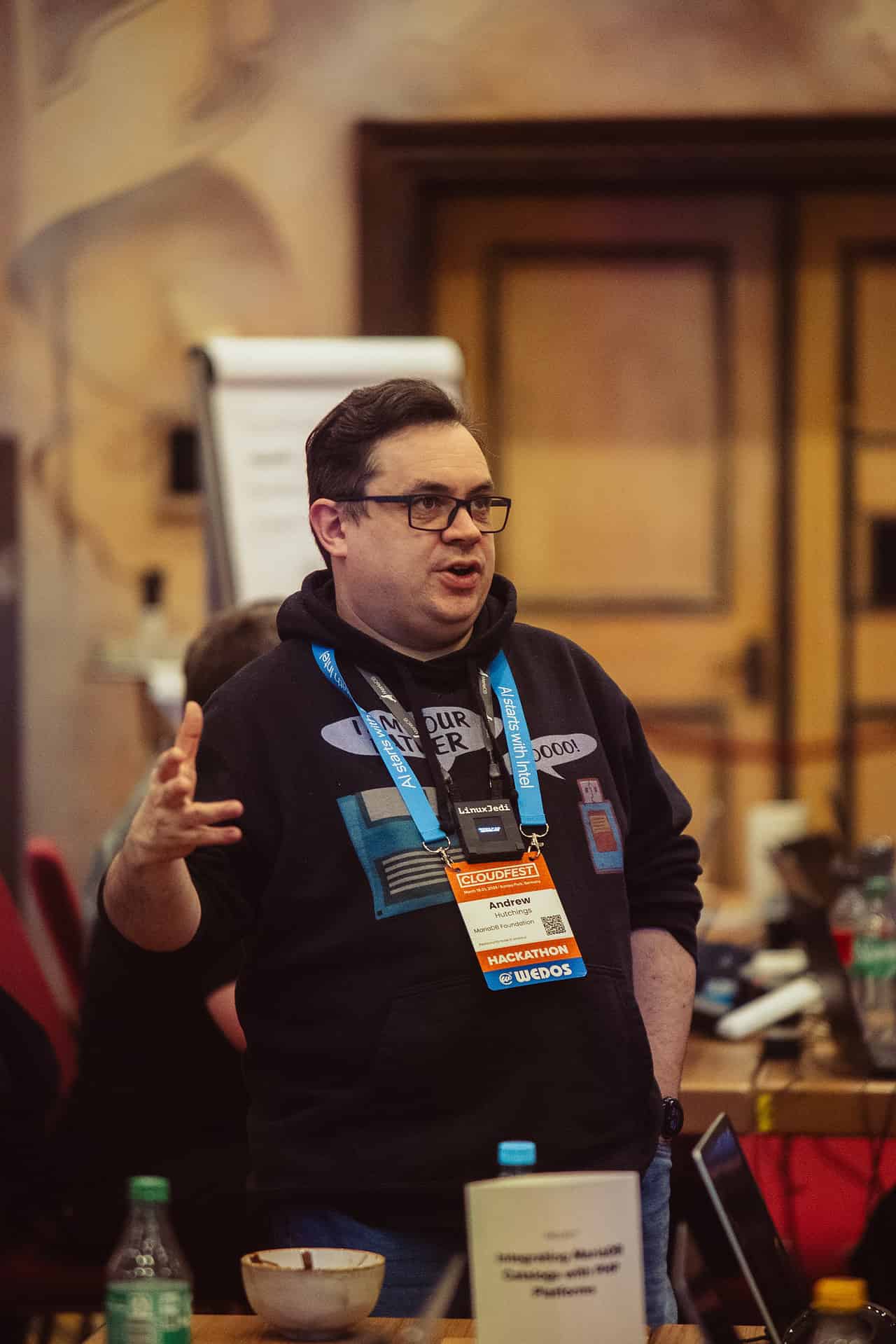
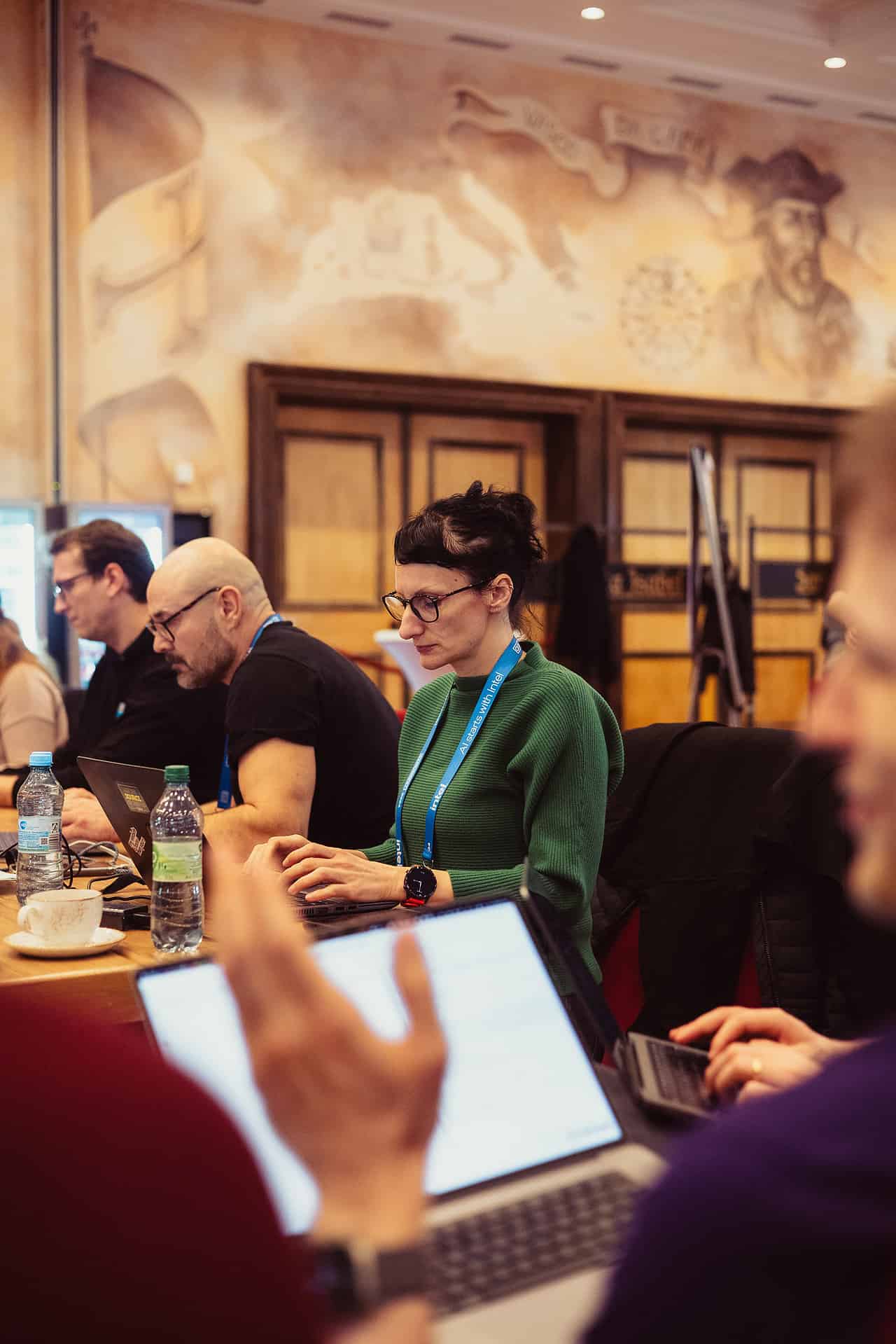
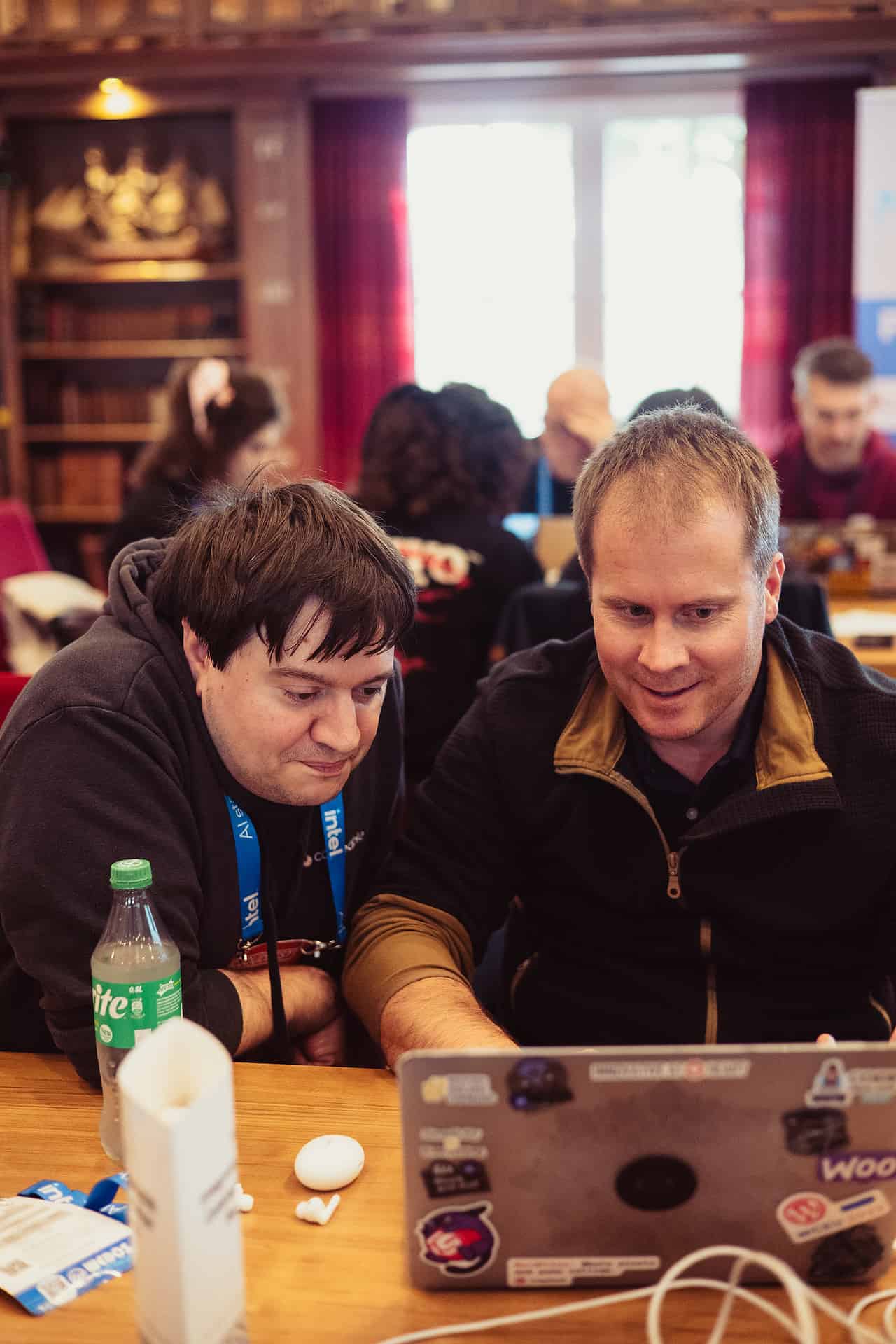
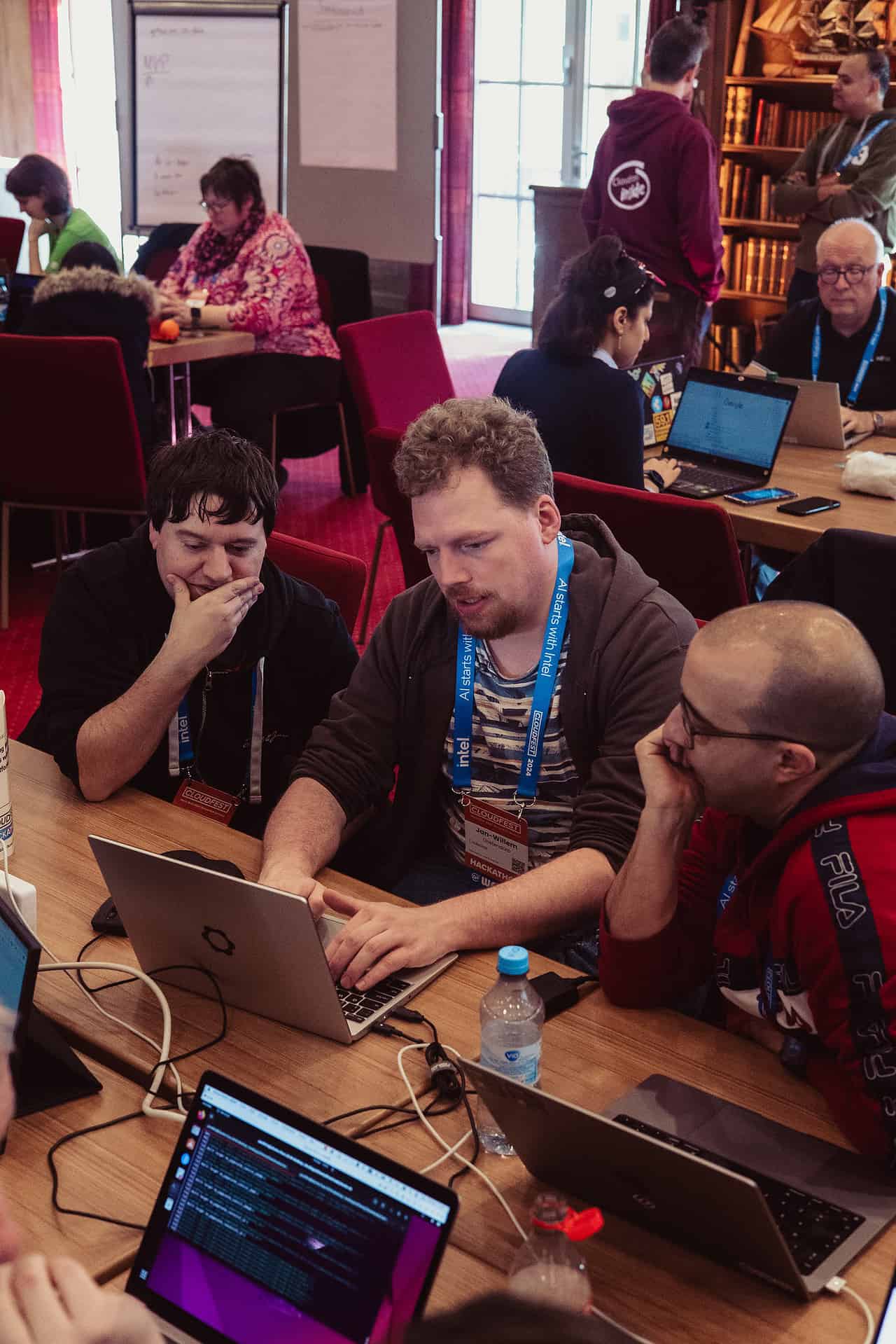
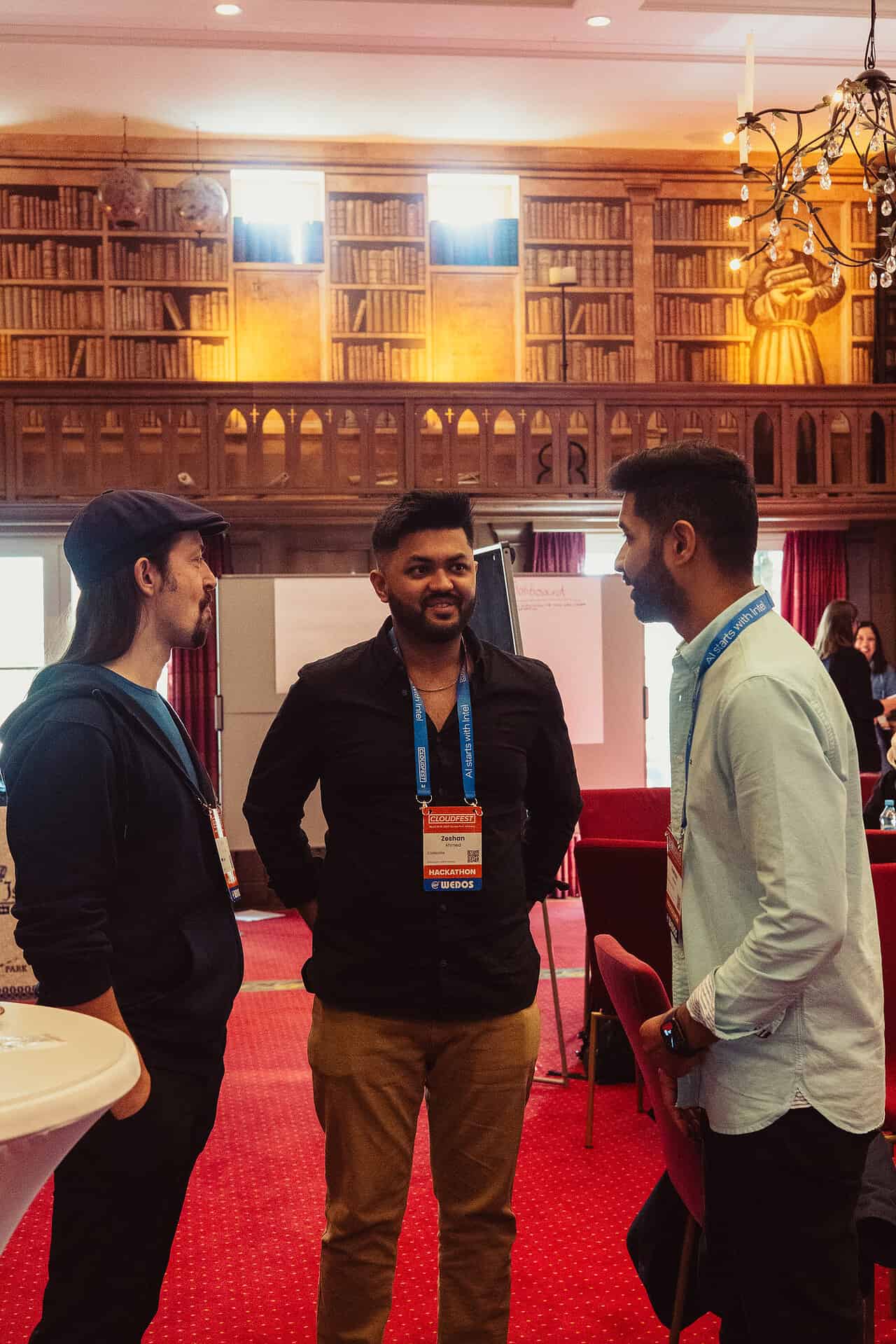
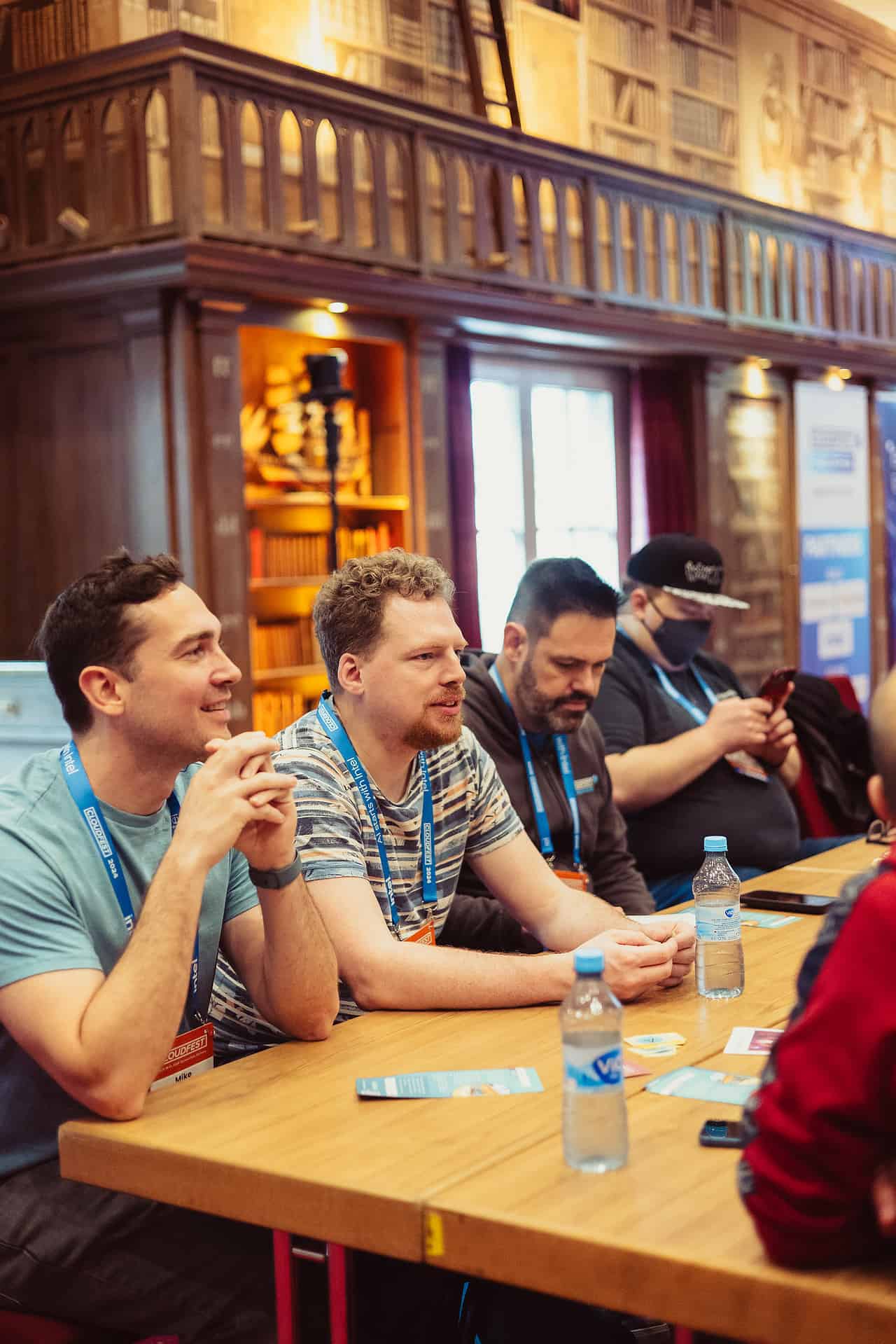
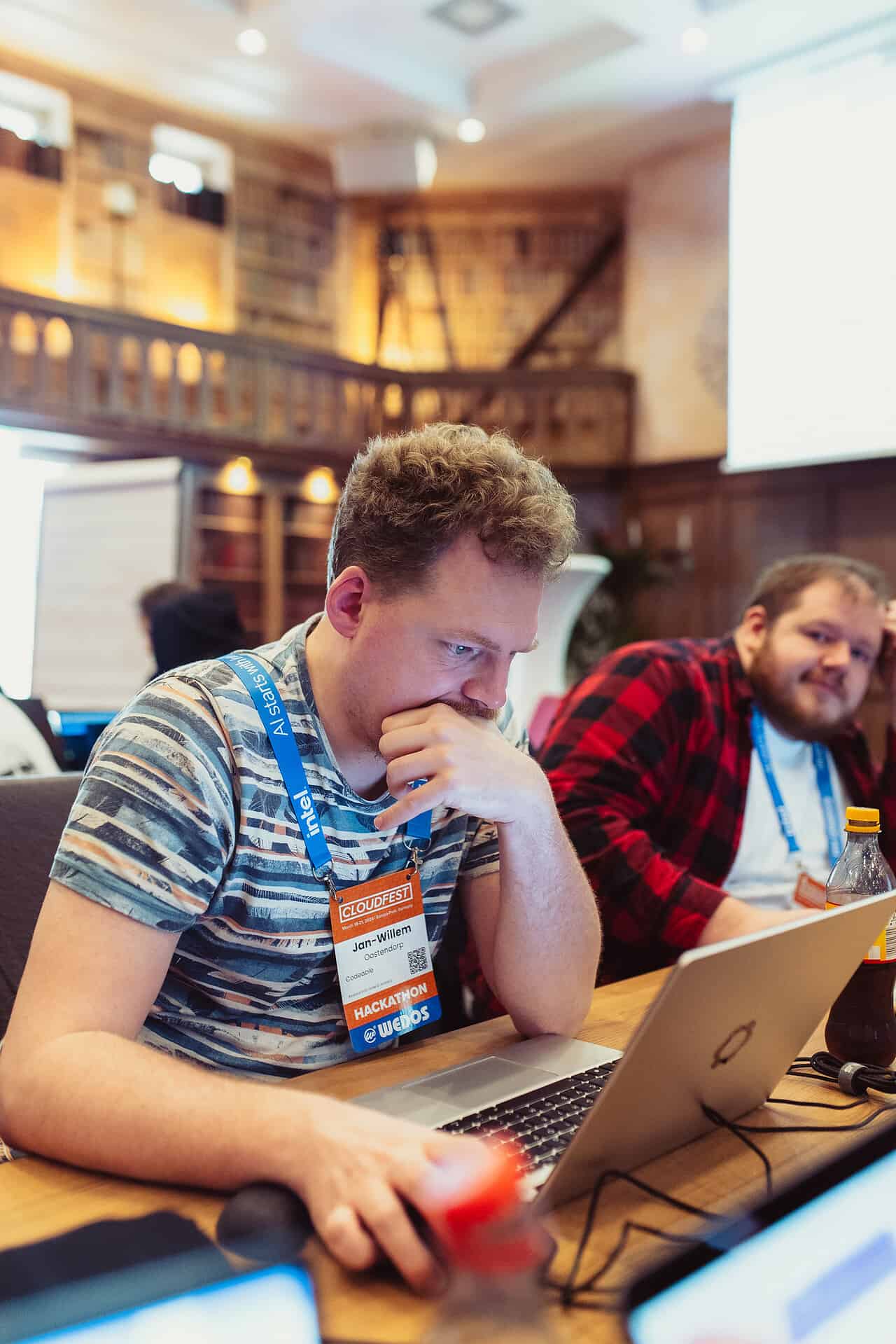
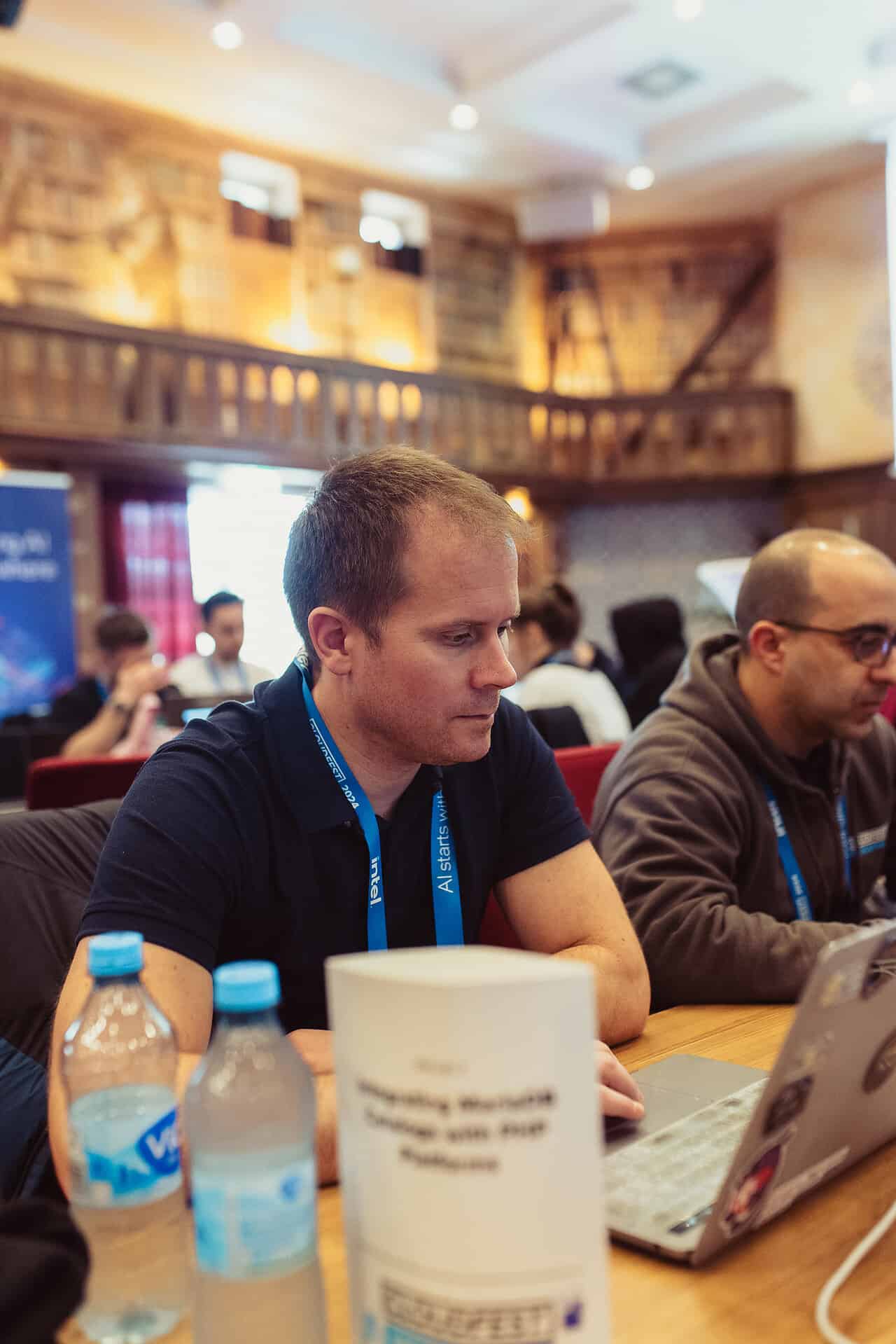
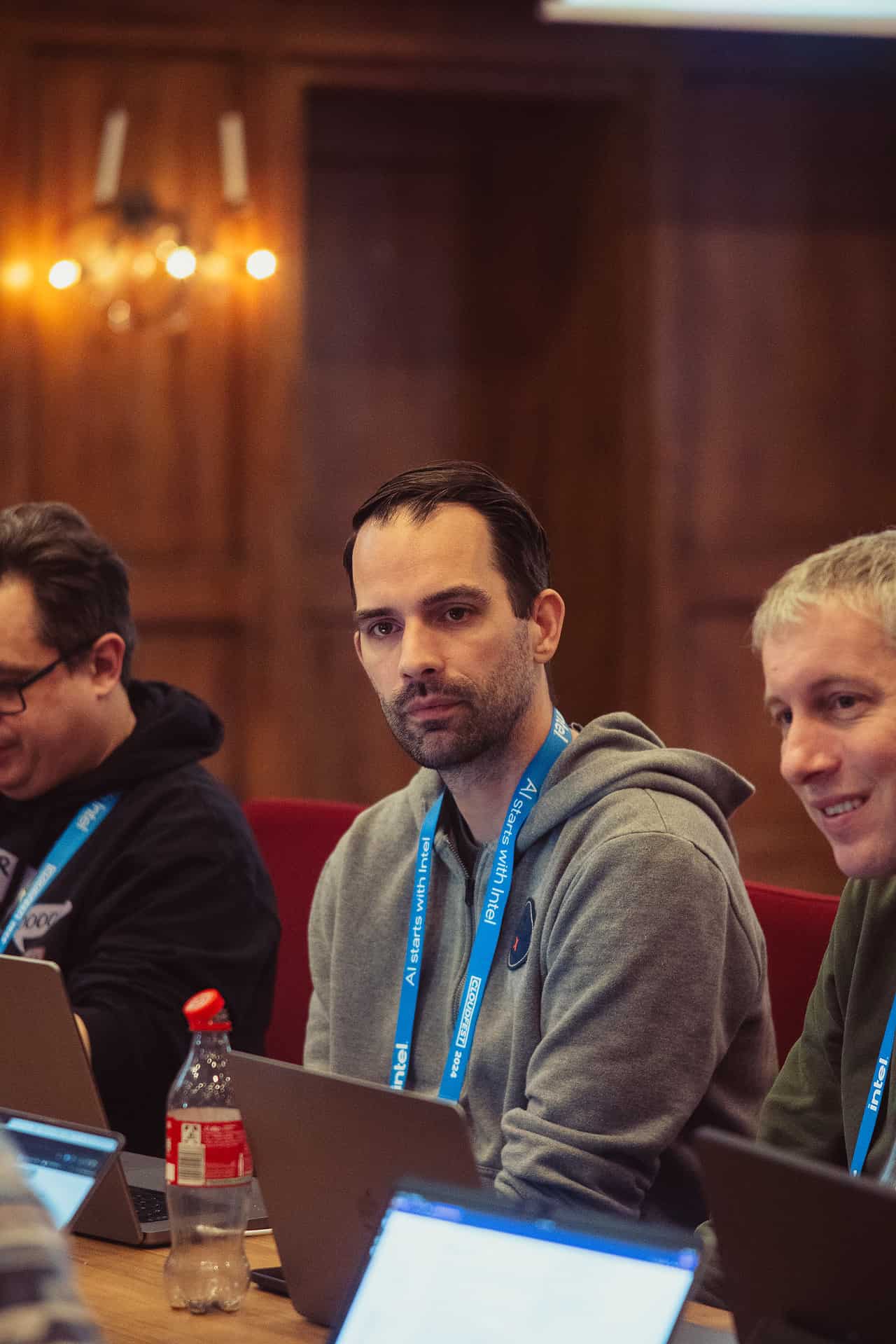
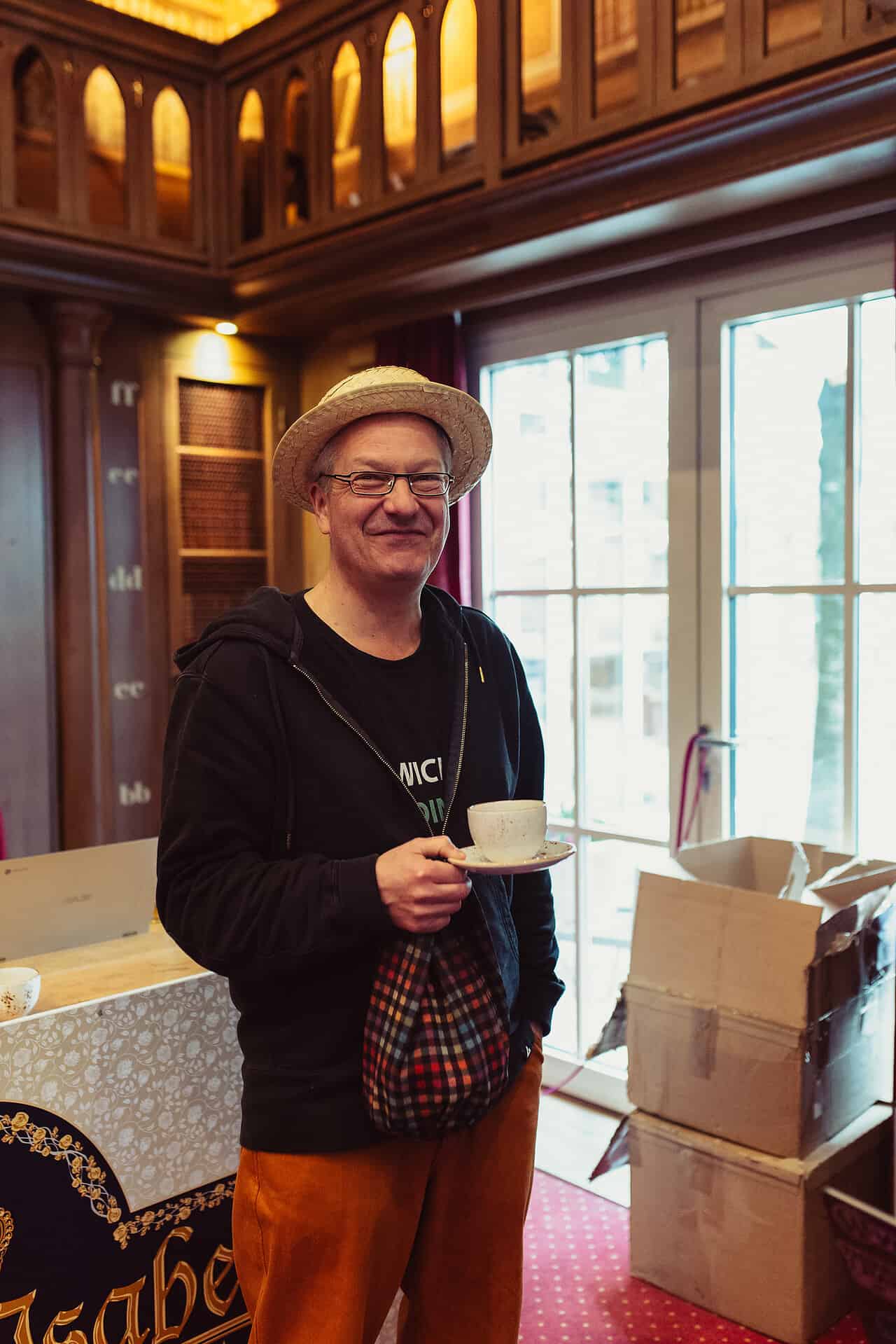
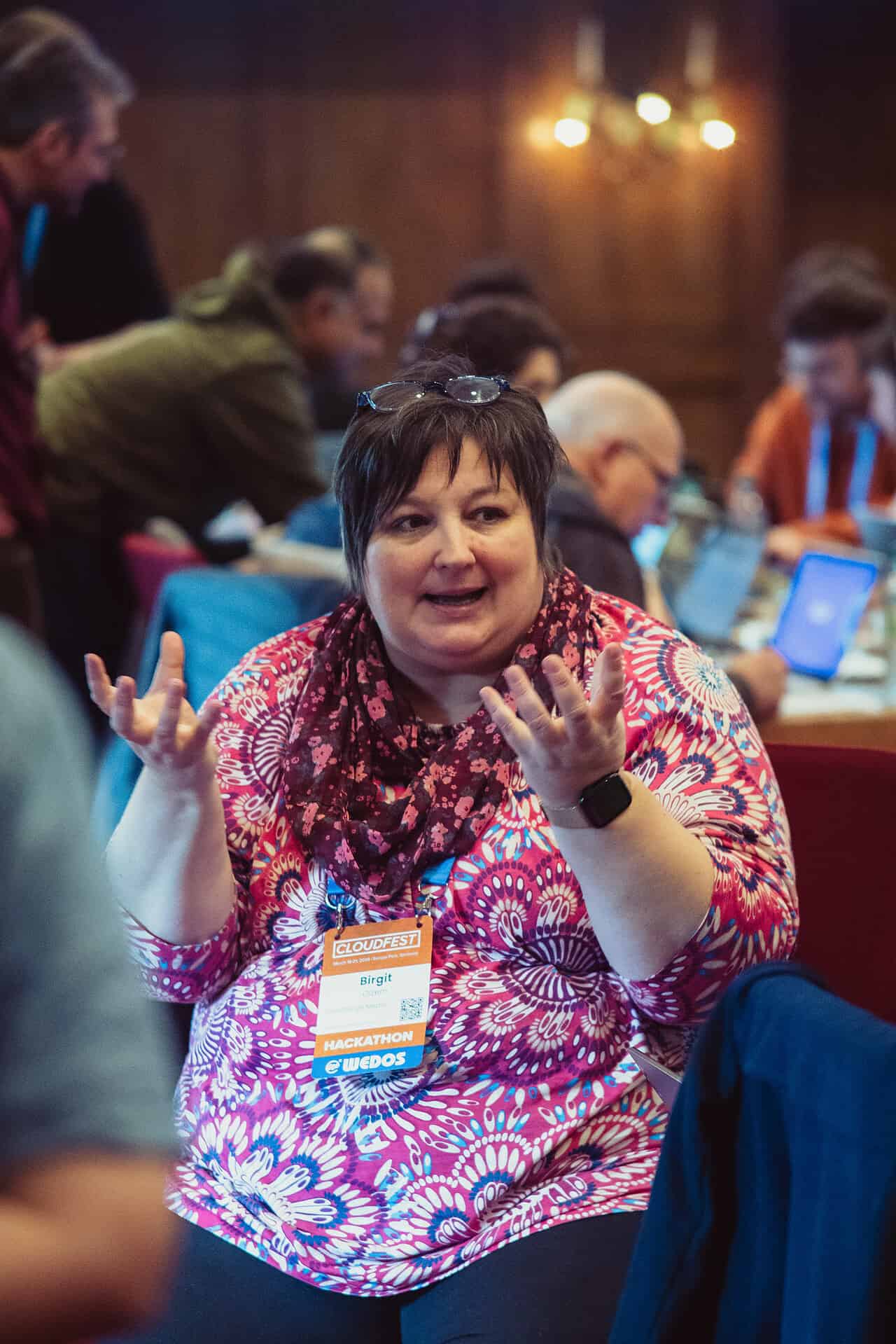
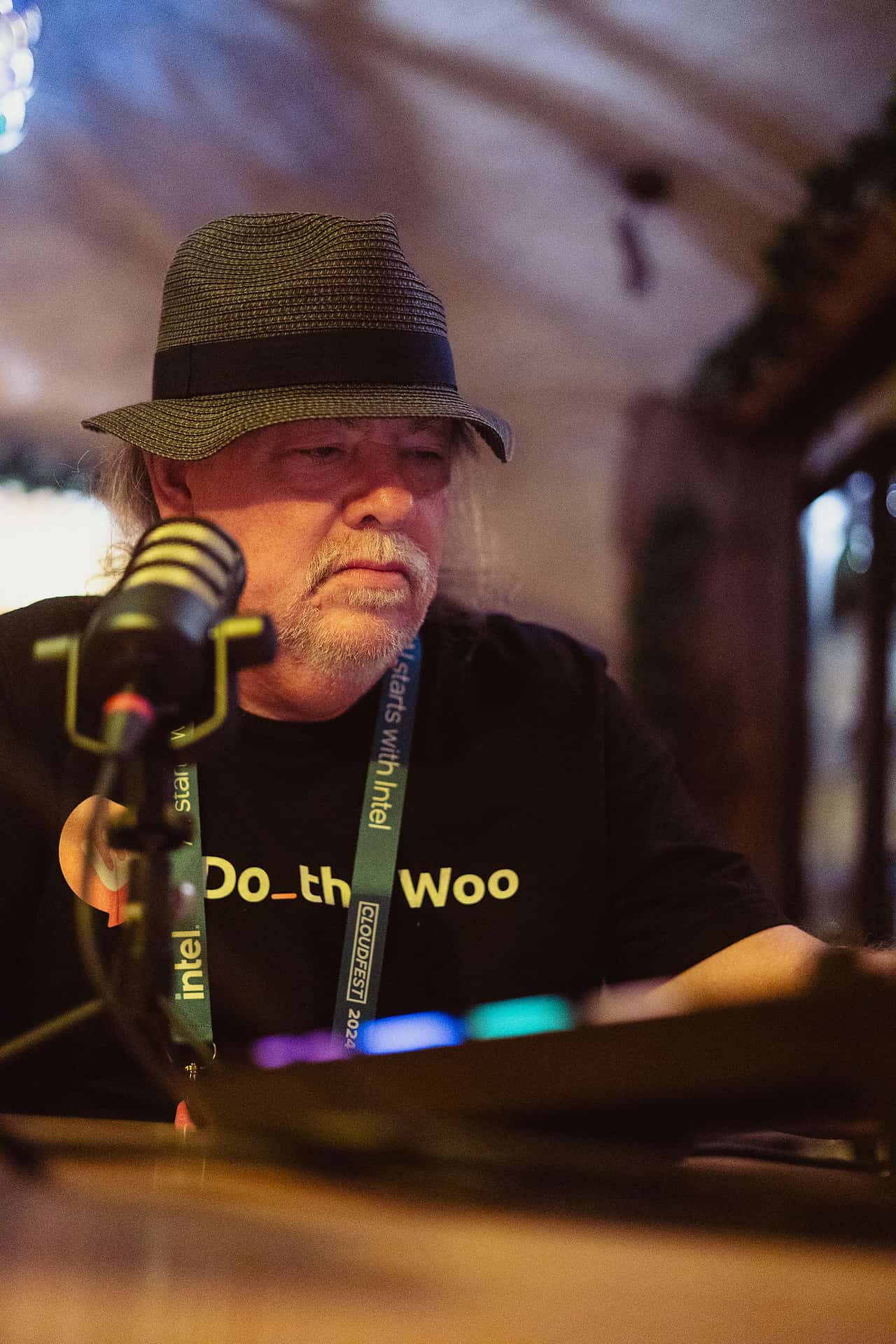
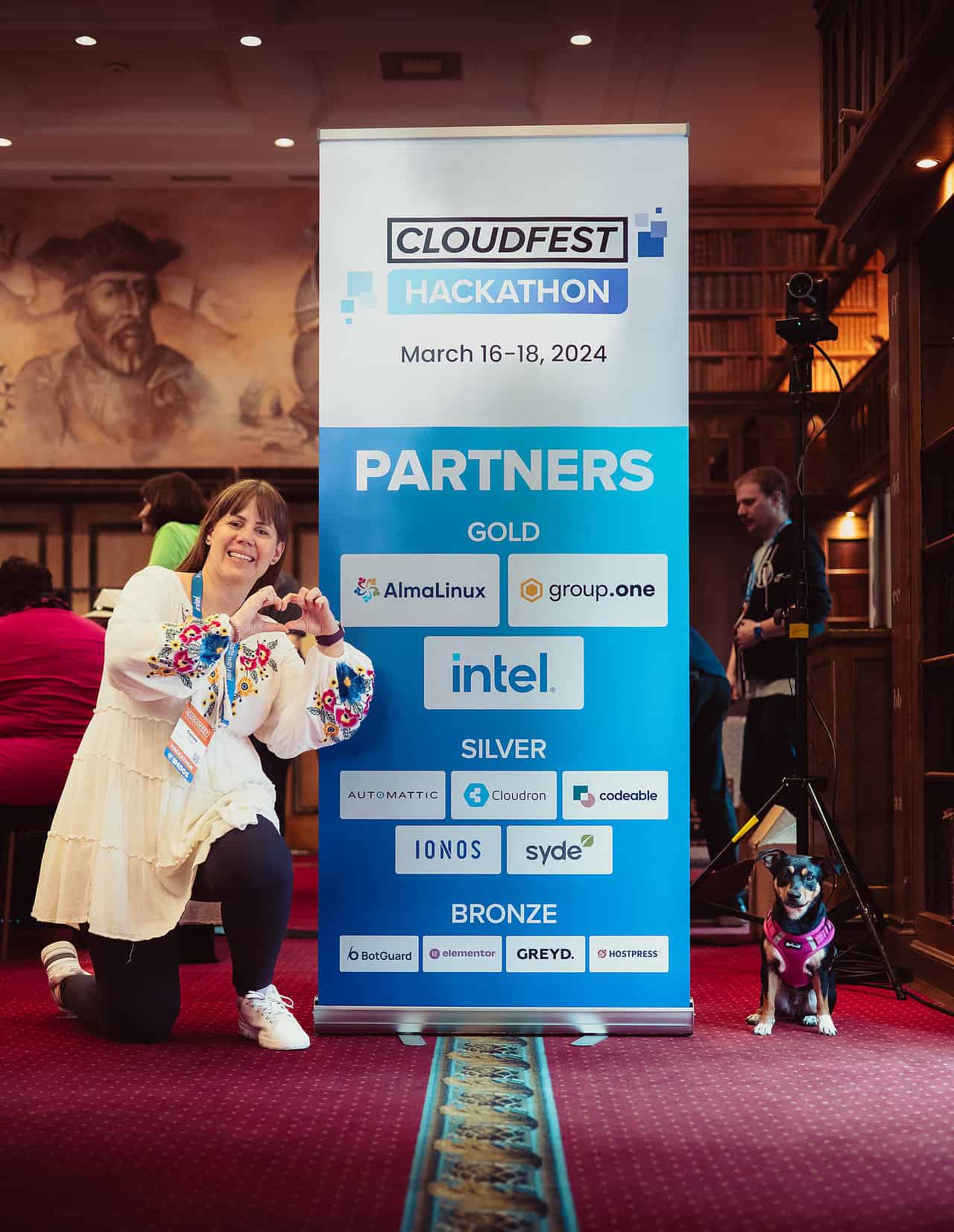
It’s truly a one-of-a-kind event, one of the highlights of my year as a WordPress developer, and one that I look forward to six months in advance :)
Thank you so much to the organising team (Carole, Alain, Lucas and all the little hands), Roan (Vulgar Productions) for the great photos all along the weekend, and all the people involved. We were 124 coders this year, from 26 different countries. Let’s do it again next year!
Des obstacles techniques ? Je trouve des solutions sur-mesure pour que votre site WordPress/WooCommerce fonctionne sans accroc.
